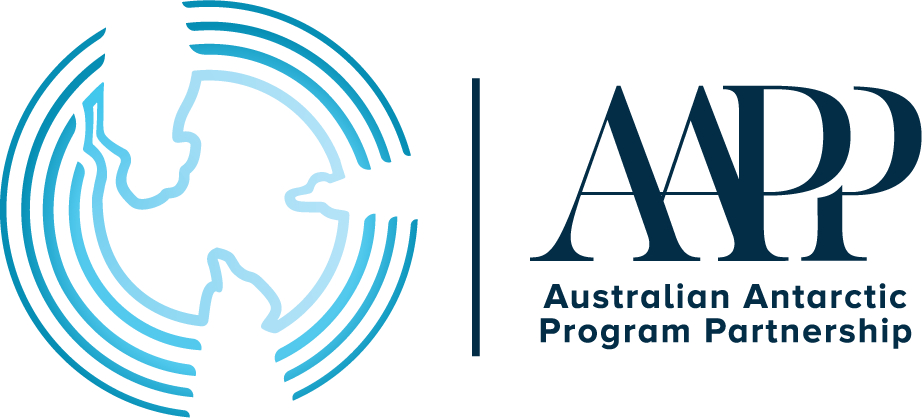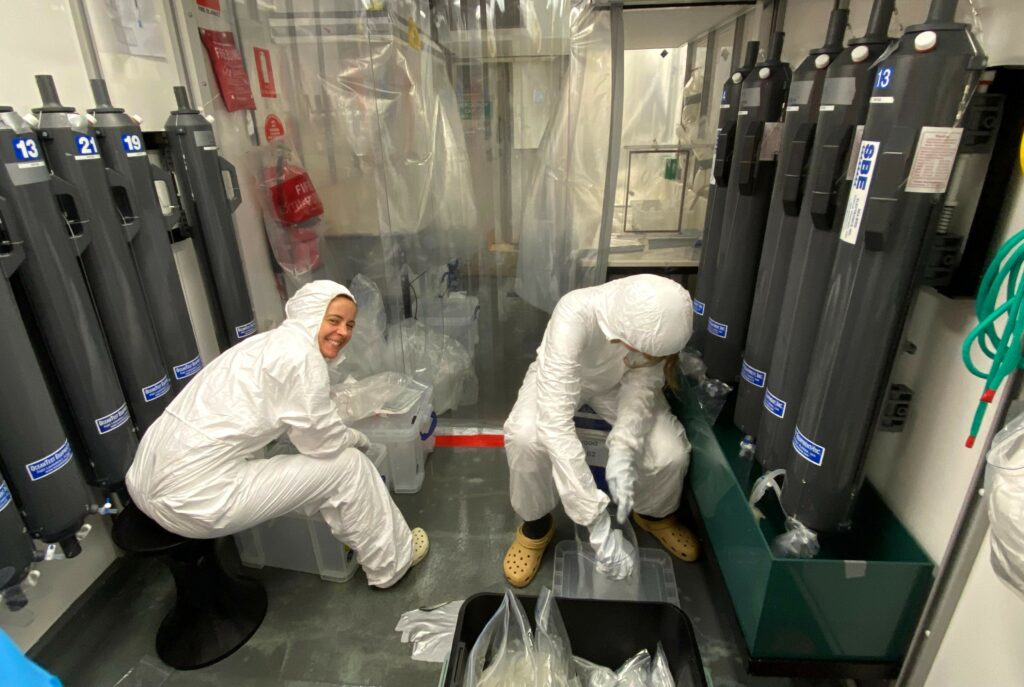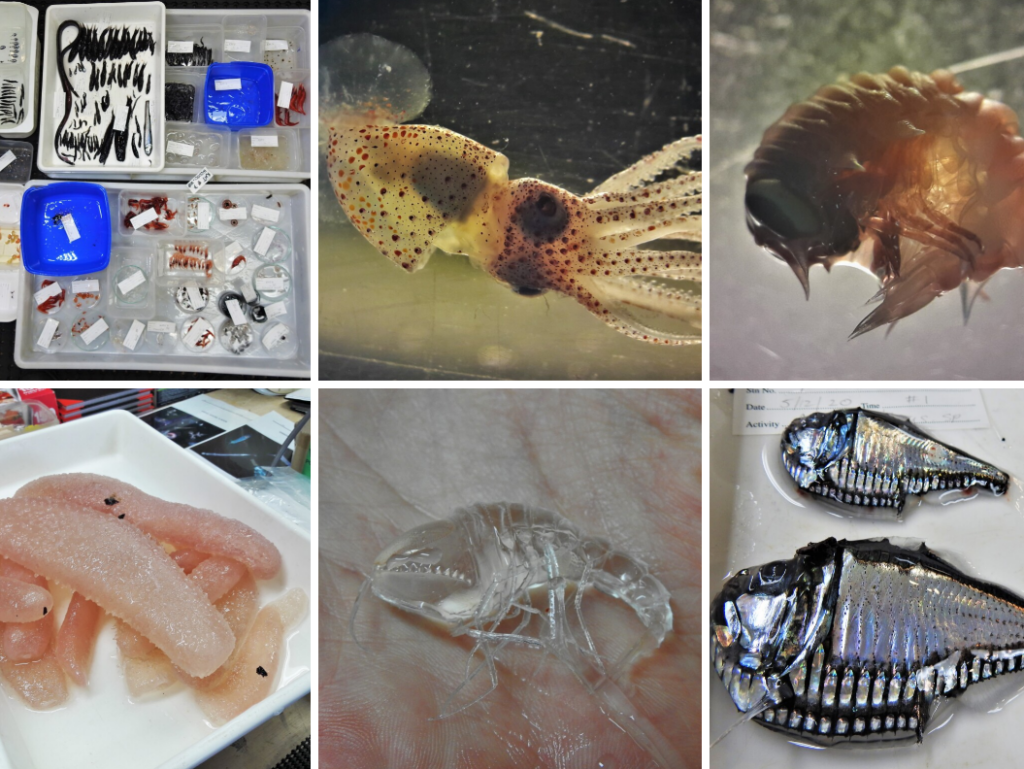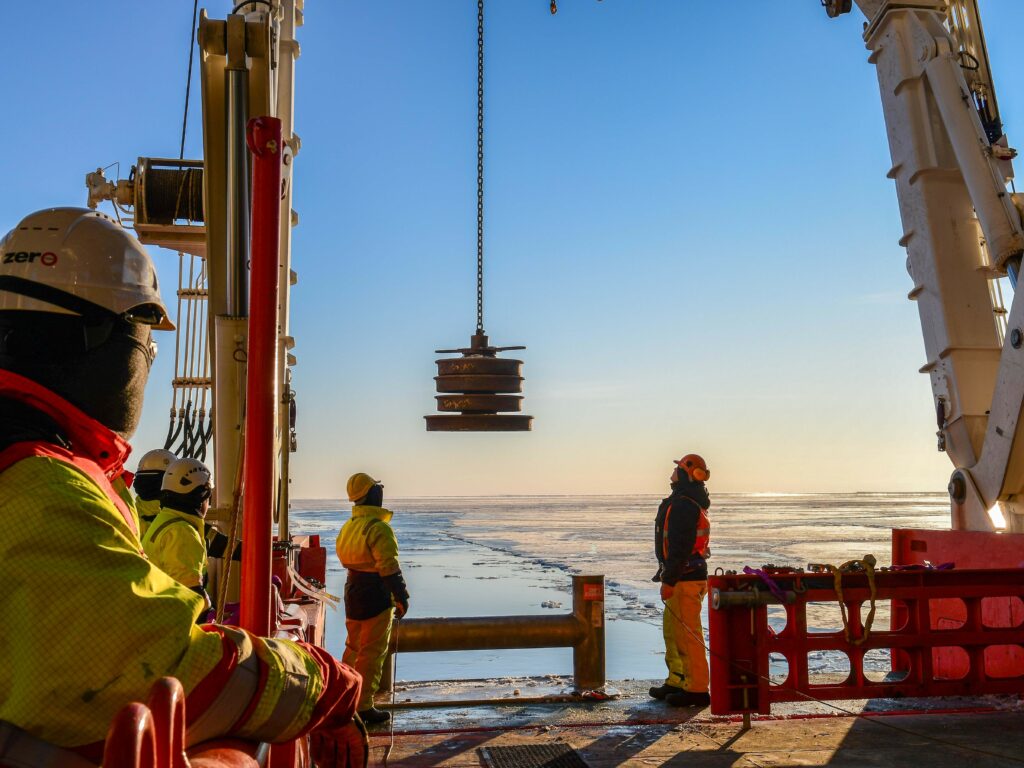AAPP researcher to showcase ice sheets at climate change conference
8 May 2024
A Hobart-based early career researcher has received a prestigious award announced by the Australian Academy of Science.
Dr Chen Zhao, an ice-ocean system analyst with the Australian Antarctic Program Partnership (AAPP) at the University of Tasmania, is one of four to receive this year’s J G Russell award.
She works to unravel the intricate puzzle of how Antarctica’s ice sheets contribute to rising sea levels, using numerical modelling to assess the impact of a warming ocean system on large ice sheets.
The J G Russell award will support Dr Zhao’s travel to the next UN Climate Change Conference (UNFCCC COP 29) which convenes in November 2024 in Baku, Azerbaijan.
At COP29 she plans to organise a side event to showcase Australian research on Antarctic ice sheets and sea level rise projections through talks and panel discussions.

She will also visit Dartmouth Engineering in the US to present her project to international collaborators.
“This opportunity allows me to share critical knowledge and findings with a diverse global audience, advocate for policies that preserve ice sheets, combat climate change and influence climate policies both nationally and internationally,” Dr Zhao said.
The Australian Academy of Science said the J G Russell Award is “aimed at financially helping talented younger researchers in the basic sciences as a token of the community’s regard for them.”
Applications are not sought for these top-up funding awards valued at $7,000 each, supported by the generosity of the late Miss J Russell.
Awardees are chosen from the recipients of the Australian Research Council Discovery Early Career Researcher Awards (DECRAs).
AAPP leader Prof Nathan Bindoff said that Dr Zhao’s award reflects the very high quality of her DECRA project.
“Chen’s project on ‘Great Antarctic uncertainties: How to better predict rising sea levels’ is superb, urgently needed and highly relevant to society,” he said.



